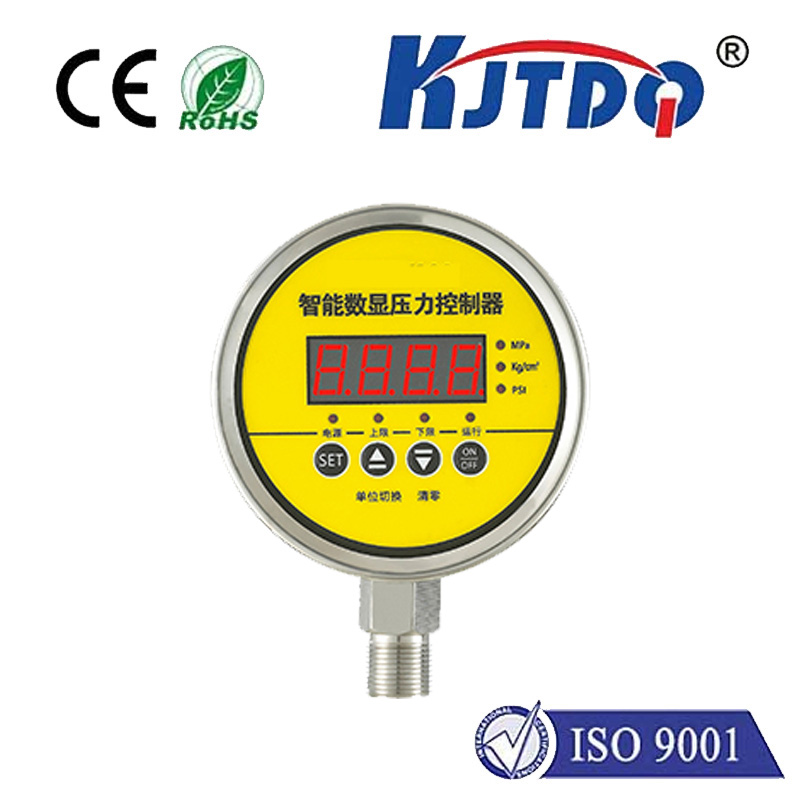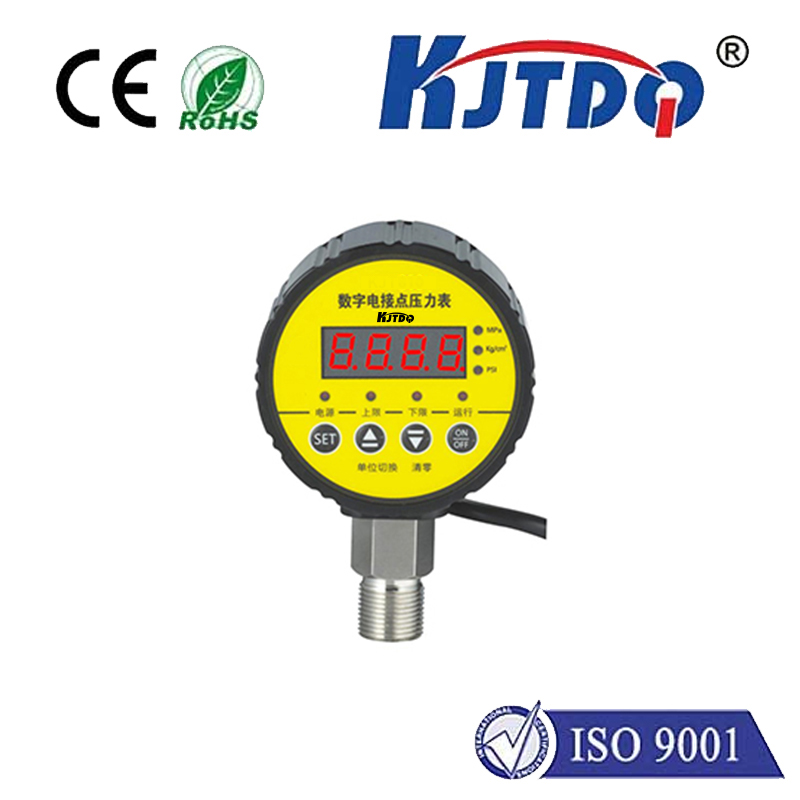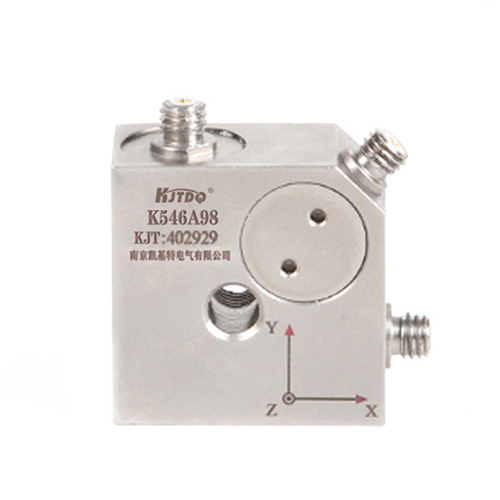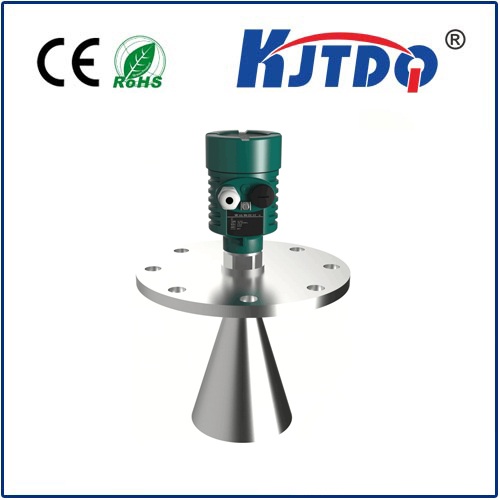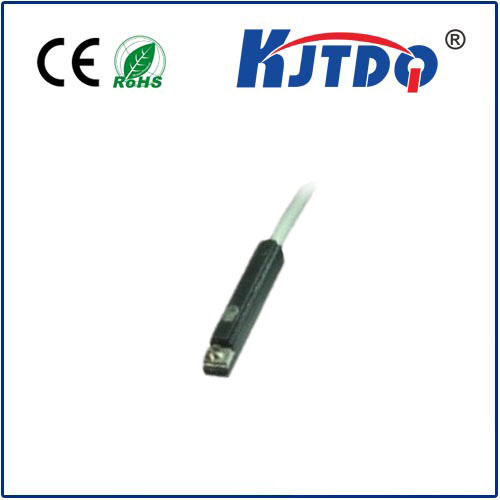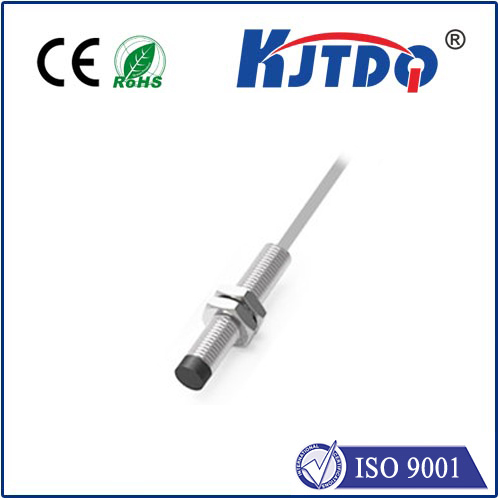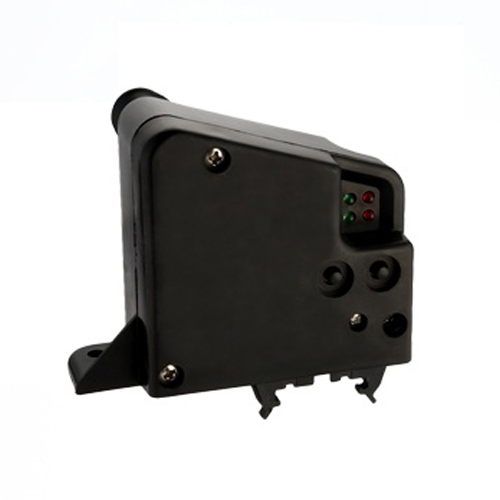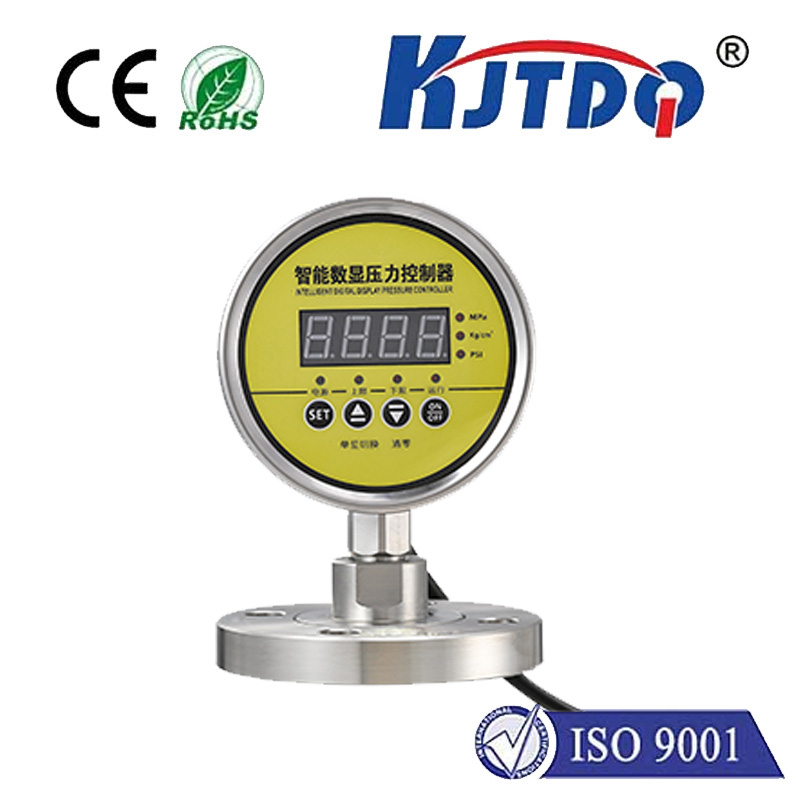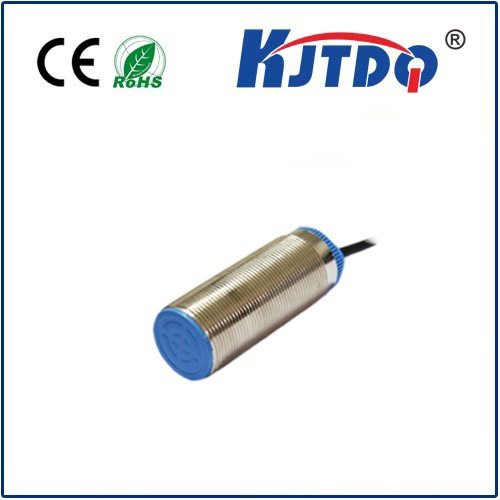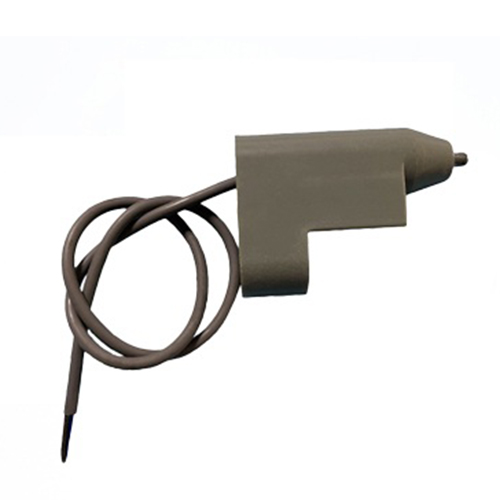

check

check

check

check

check

check

check

check

check

check
High Temperature Capacitive Proximity Sensor: Revolutionizing Industrial Monitoring
Introduction
In the ever-evolving world of technology, high temperature capacitive proximity sensors have emerged as a groundbreaking innovation in industrial monitoring. These sensors are designed to withstand extreme temperatures and provide accurate measurements, making them ideal for use in harsh environments such as furnaces, kilns, and other high-temperature applications. This article will discuss the benefits, applications, and future prospects of high temperature capacitive proximity sensors.
Benefits of High Temperature Capacitive Proximity Sensors

High temperature capacitive proximity sensors offer several advantages over traditional sensors. Firstly, they can operate in temperatures up to 200°C or higher, which is significantly higher than the operating temperature range of most conventional sensors. This makes them ideal for use in processes where heat is an integral part of the manufacturing process. Secondly, these sensors are highly sensitive and can detect small changes in capacitance, allowing for precise measurement of distance and position. Additionally, they are immune to electromagnetic interference, ensuring reliable performance even in noisy environments.
Applications of High Temperature Capacitive Proximity Sensors
The potential applications of high temperature capacitive proximity sensors are vast and diverse. They are commonly used in industries such as steel manufacturing, glass production, automotive assembly, and food processing. In steel manufacturing, these sensors are used to monitor the thickness of molten steel during the casting process. In glass production, they help ensure consistent product quality by measuring the distance between the glass surface and the heating elements. In automotive assembly, they are used to detect the presence of components on a conveyor belt. In food processing, they help maintain hygiene standards by ensuring that equipment is properly cleaned and sterilized.
Future Prospects of High Temperature Capacitive Proximity Sensors
As technology continues to advance, the demand for high temperature capacitive proximity sensors is expected to grow. With their ability to operate in extreme temperatures and provide accurate measurements, these sensors are set to play a crucial role in improving efficiency and productivity in various industries. Furthermore, advancements in material science may lead to the development of more durable and efficient high temperature capacitive proximity sensors, expanding their range of applications even further.
Conclusion
High temperature capacitive proximity sensors represent a significant breakthrough in industrial monitoring, offering unparalleled accuracy and reliability in extreme environments. Their numerous applications across various industries demonstrate their versatility and importance in modern manufacturing processes. As technology continues to evolve, we can expect these sensors to become even more prevalent and sophisticated, revolutionizing industrial monitoring for years to come.
